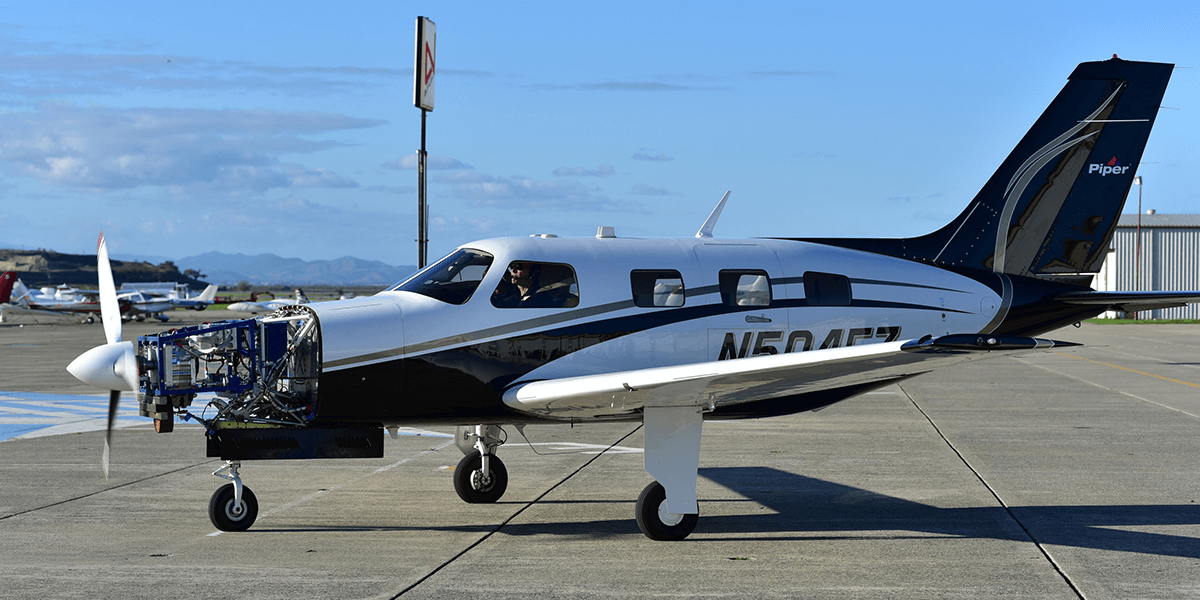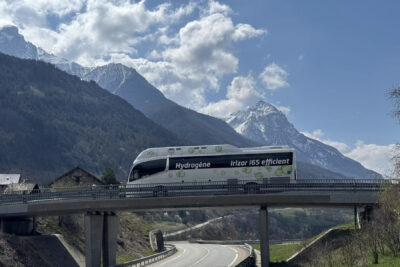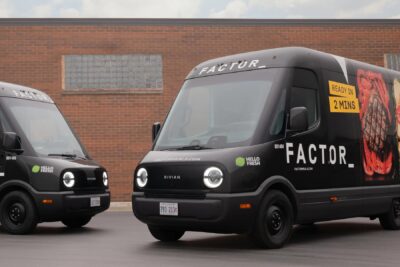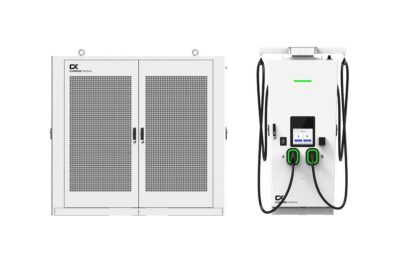ZeroAvia makes “significant advances” for FC flight
Californian start-up ZeroAvia is developing a fuel cell propulsion system for airplanes and claims to be making “significant progress”. The engine will be ready for production by 2022 and will be used in regional aircraft.
ZeroAvia plans to offer its fuel cell engine to aircraft manufacturers and commercial operators starting from 2022. As a first step, ZeroAvia is targeting regional flights of up to 500 miles (800 km) in 10- to 20-seater aircraft. However, ZeroAvia does not mention technical details such as the design of the powertrain, the integration into the fuselage, the location of the tanks or the performance of the engine.
Just this much: The solution aims to achieve the same performance as a conventional aircraft engine and significantly lower operating costs. Since fuel costs are reduced by the efficient powertrain and maintenance costs, the startup says it calculates the total operating cost to be only half that of a conventional turbine aircraft of the targeted size.
The Silicon Valley startup was founded by Val Miftakhov, known as the founder and CEO of eMotorWerks, a Californian charging infrastructure specialist acquired by Enel in 2017. “With the rapid decarbonization of land transportation, the rapidly growing aviation industry will soon become the leading source of emissions,” says Miftakhov. “We must therefore find ways to make aviation more sustainable.”
The engineers are currently testing the powertrain in a Piper M, for which the company received approval from the Federal Aviation Administration at the beginning of the year. With a take-off weight of two tons and six seats, the test aircraft is somewhat smaller than the target group, but according to the company it is still the world’s largest emission-free aircraft.
Purely battery-powered airplanes are usually much smaller at present, such as the two-seater electric aircraft of the Swiss startup H55. Other companies are mainly working on hybrid aircraft. For example, the Ampaire 337 with six seats made its maiden flight in June.





0 Comments